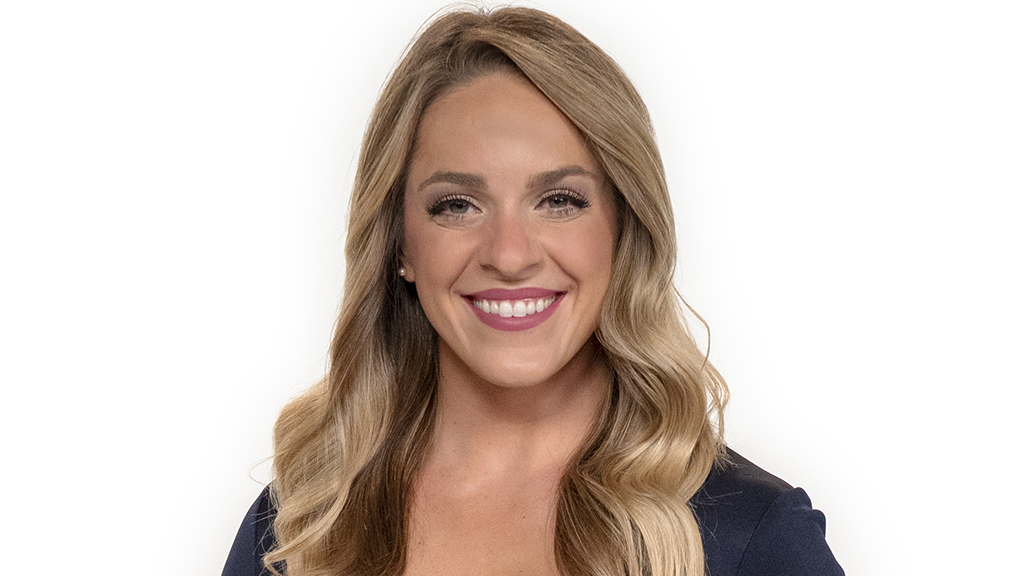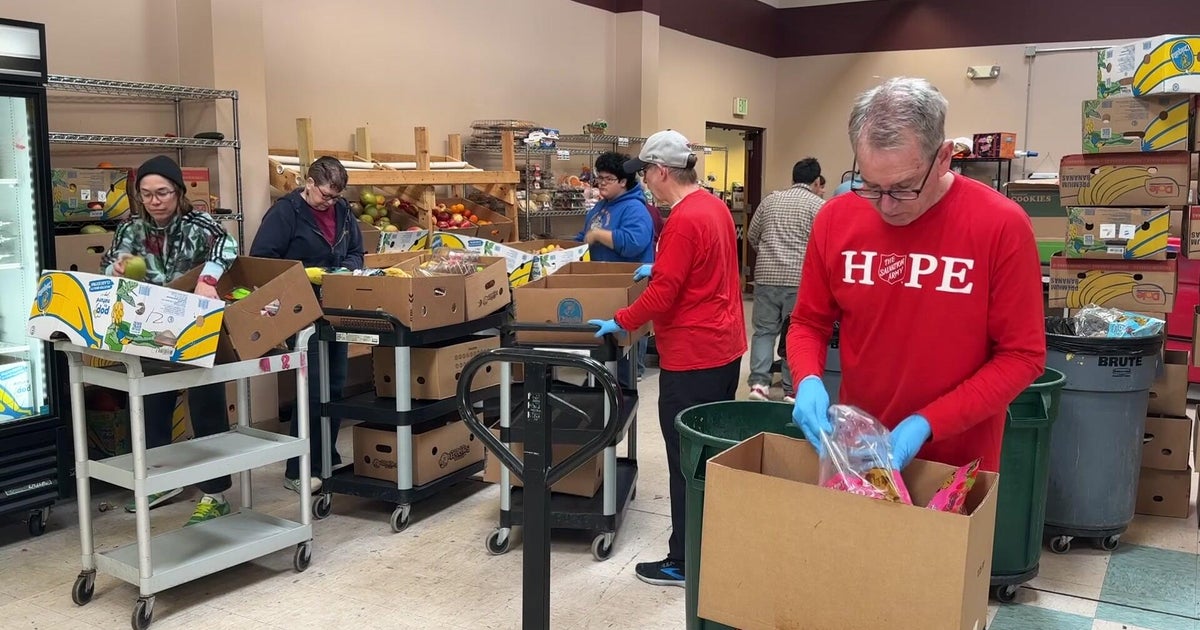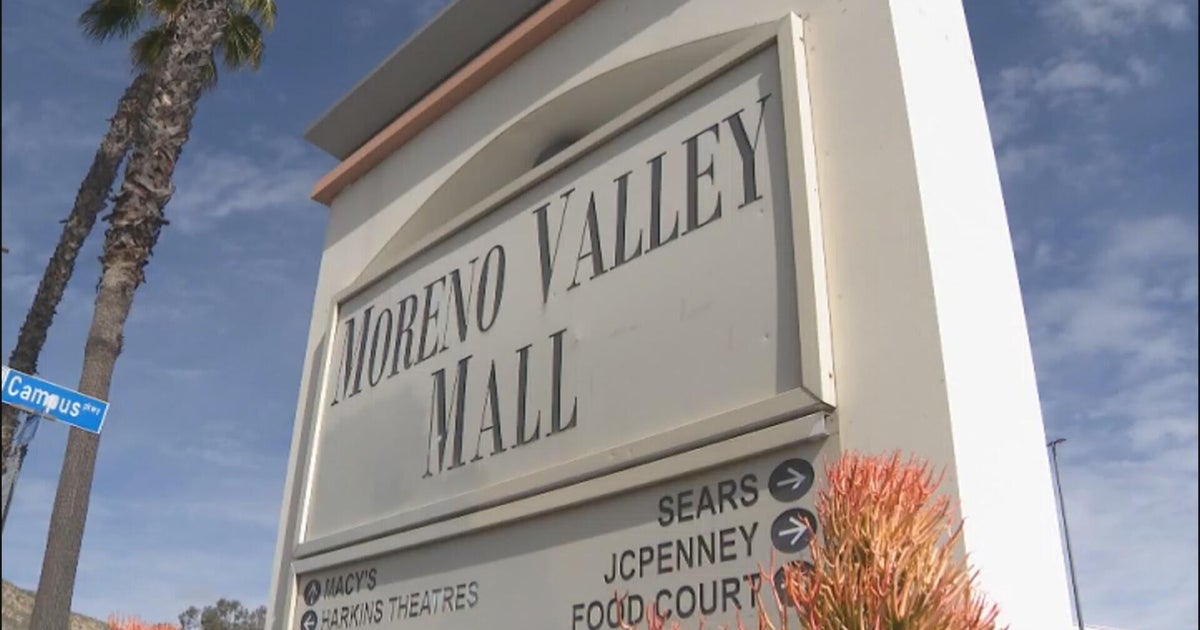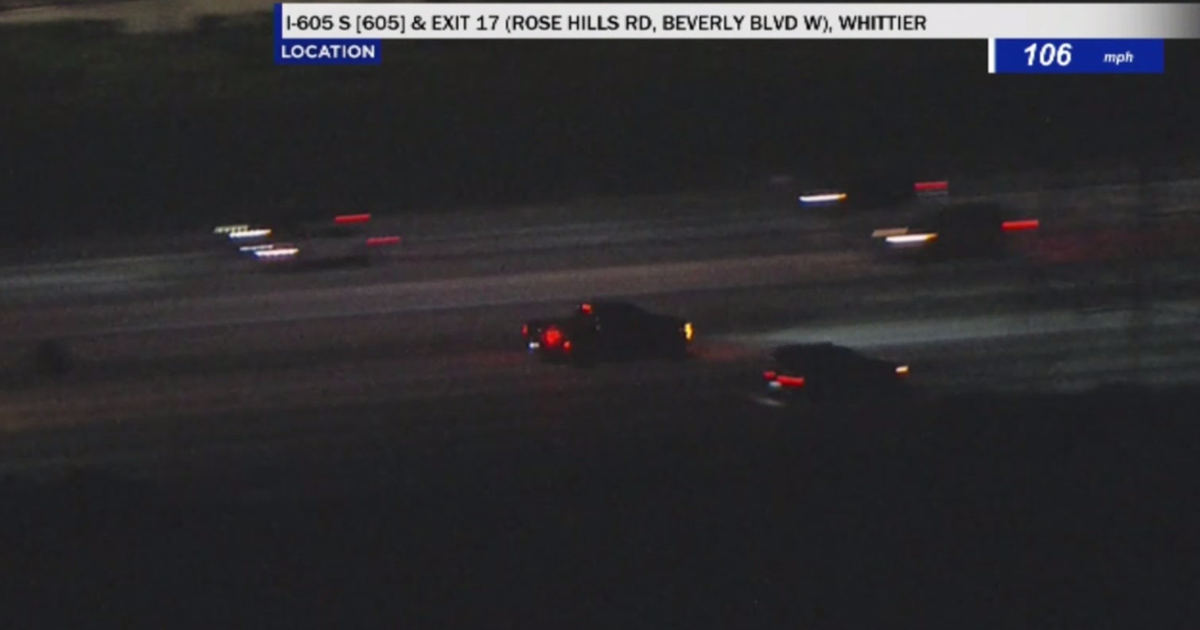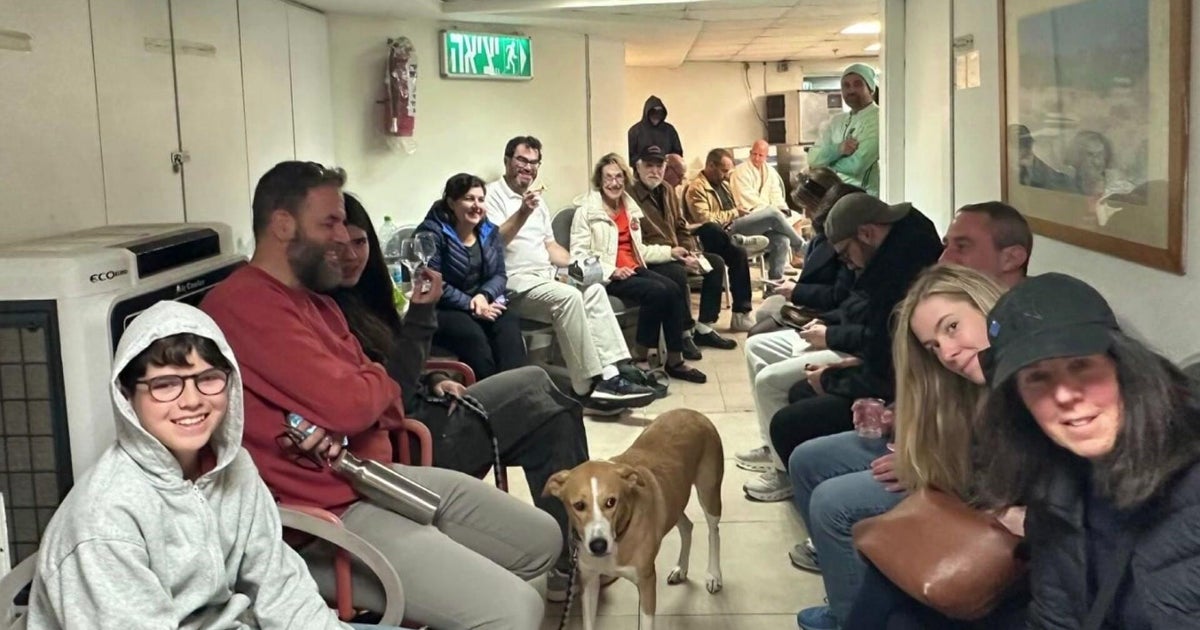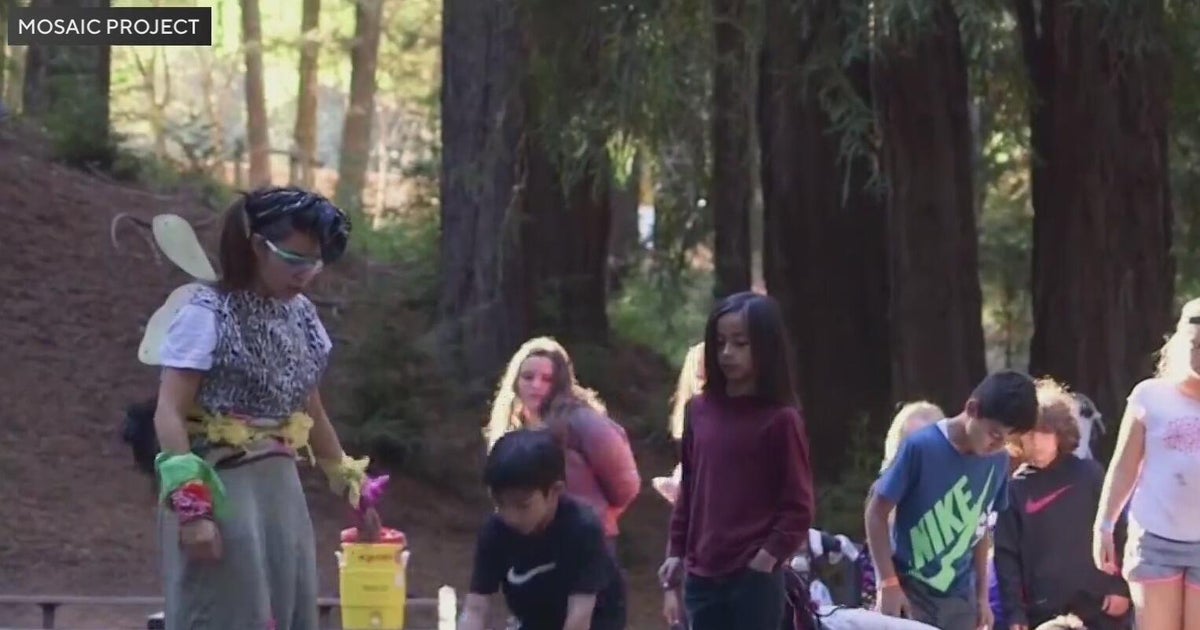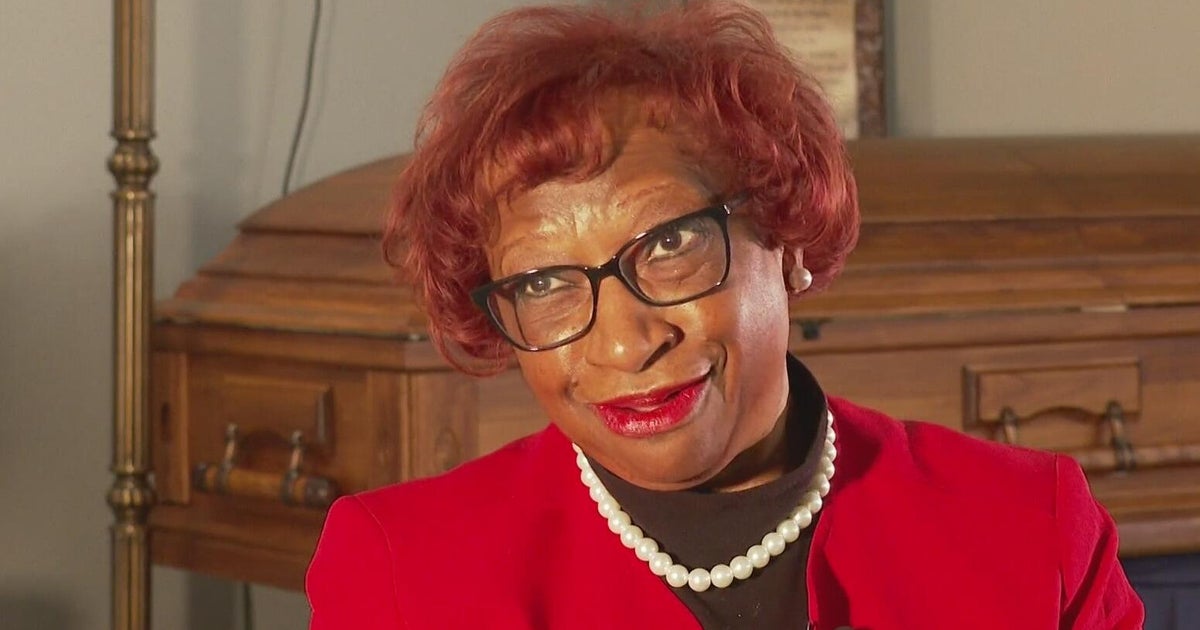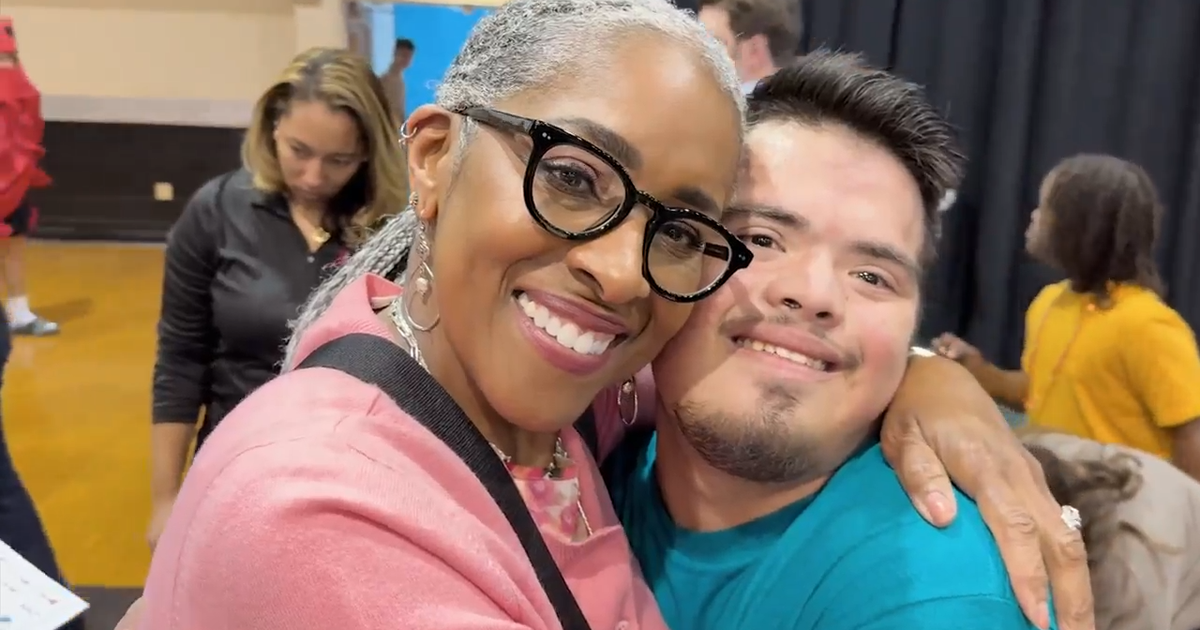How safe is the money in my bank account after the SVB collapse?
WELLESLEY - Following the collapse of Silicon Valley Bank in early March, many people are wondering: is my money safe?
"I'm thinking about where I want to move my money," Leah Spiezio told WBZ as she left the Bank of America ATM. "Do I want to take it out? Do I want to put it under the mattress? I don't know."
Many people nationwide have similar questions right now. "When it comes to banking, everybody is impacted," explained Misty Lynch, a Certified Financial Planner and owner of Sound View Financial Advisors in Walpole. "That's definitely a question that people have been very concerned about lately, and they have a good reason," she explained.
Silicon Valley Bank, which has a branch in Wellesley, closed nearly two weeks ago. SVB, a bank largely focused on the tech industry, started to sell its investments after the federal interest rate hikes made their long-term investments lose value. Due to the unprecedented interest rate environment, their portfolio performance led them to a rapid sale of assets in efforts to raise capital, which panicked depositors and caused them to withdraw their assets.
Clients lost faith and flocked to the bank to withdraw their money, causing the bank to collapse and the FDIC to take over. Since the collapse, the government has guaranteed that all depositors will receive all of their money back.
However, the implications of the SVB collapse had many customers and experts worried that people will lose faith in the banking system in general, which could send the economy into a spiral.
So, should you be worried?
"Absolutely not," says Jay Zagorsky, an economics professor at the Questrom School of Business at Boston University.
Why? The FDIC protects any deposits up to $250,000, per person, per bank account, and the large majority of depositors have less than that insured amount.
However, if you are someone - maybe a business owner - with more than $250,000 in the bank, there's more you can do to stay safe:
Split up your money
Open multiple bank accounts with less than $250,000 in each to guarantee your money is federally insured.
Consider investing
"What I've helped a lot of people do lately is look at how much it costs to be them," Misty Lynch explained, encouraging people to invest or consider high yield savings accounts. "Look at an emergency savings account, and if that's 3 to 6 months, and that means I have another $100-$200,000 or whatever they have in the bank... We might think of better opportunities for that money to start to work for them instead of the bank, meaning they can invest in other things that might produce better returns or income in the future."
Consider a Massachusetts bank
"Massachusetts is one of the special places in the world where we have extra insurance," Jay Zagorsky said. He's talking about DIF: the Depositors Insurance Fund, which covers any and all deposits past the FDIC-protected $250,000 made into 76 different Massachusetts banks.
All in all, the takeaway: don't let the SVB collapse send you into a panic. "The government is not going to let, in my opinion, major banks, like Bank of America, or Chase, or Wells Fargo go under," Zagorsky said.
